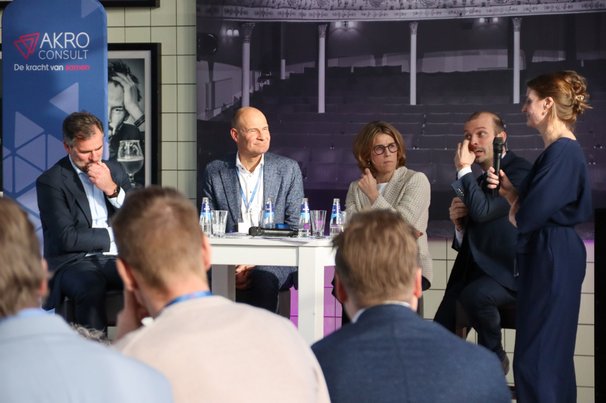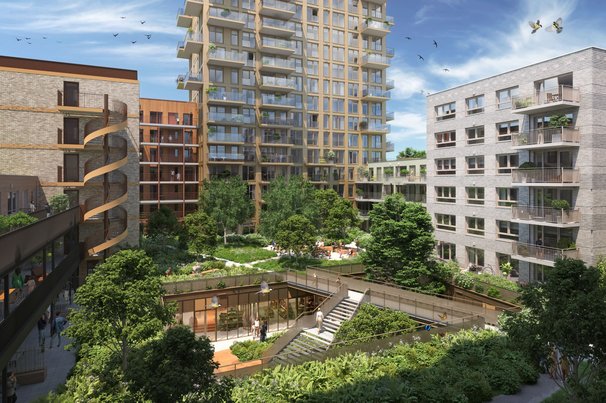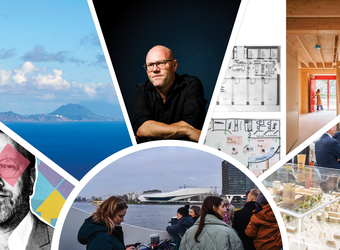22 augustus 2017
3 minuten
Wageningen University & Research en TU Delft lanceren MSc in grootstedelijke uitdagingen in Amsterdam
De rest van dit item is in het engels.

‘made msc2’
Kajsa Ollongren, Alderman in Amsterdam, is proud of this new addition to the city’s already wide range of educational programs and degrees: “We’re attracting fresh talent to the city. The new group of students will work on Amsterdam’s urban challenges for now and for the future. For instance topics regarding crowdedness in the city, the growing number of tourists, and the number of transport movements. The MSc MADE students will look for new solutions, start new economic activities and contribute to the city’s continued development into an attractive, innovative, strong and sustainable metropolitan area.”
Amsterdam as a living lab
In the coming 25 years Amsterdam’s population is set to grow with almost 20%, resulting in new city challenges in a multitude of different aspects and scales. In collaboration with AMS Institute, Amsterdam will not only be the location for the master, but also as its case study. Students on this English-language master’s program will work on topics such as circularity, sustainability, connectivity, mobility, waste and energy flows, food and health – subjects that have an important influence on the quality of life in cities.Academic rigor and practical skills
The new MSc is the result of the collaboration between AMS Institute and its partner universities TU Delft and Wageningen University & Research. Training students’ academic rigor and practical skills, the master combines on-site learning activities, workshops and online teaching with real life cases set up by AMS Institute and its business partners.Using various disciplines to tackle metropolitan challenges
The master students come from different academic backgrounds, e.g. civil engineering, architecture, geography and spatial planning, soil and water management, mobility, climate, nutrition and health energy, and environmental sciences, and will each use their particular expertise to examine the metropolitan challenges that Amsterdam is facing. They will be trained to be interdisciplinary and transdisciplinary analysts, designers and engineers.Using this interdisciplinary approach, students will work together with the city of Amsterdam and its inhabitants on innovative solutions to the metropolitan challenges of today and tomorrow – for example by examining how domestic waste can be used as a local energy system. This will not only cut residents’ energy bills but also reduce the burden on the city’s waste processing network, with fewer garbage trucks on the roads and improved access to the city.
Skills that the students will develop include handling big data from new technologies and developing the expertise needed to turn ideas into businesses opportunities. The final research project of the students participating in the master will focus on topic specific to Amsterdam. The first year of the new MADE MSc is starting out with approximately 20 students.
Read more about MSc MADE here.
Dit item betreft een persbericht van het AMS Instutuut
Cover: ‘MADE msc’





